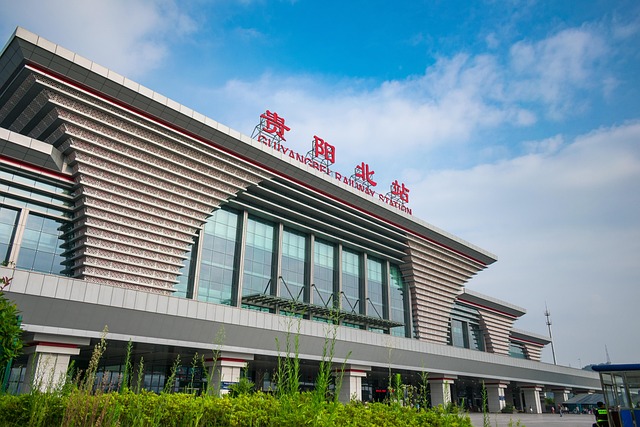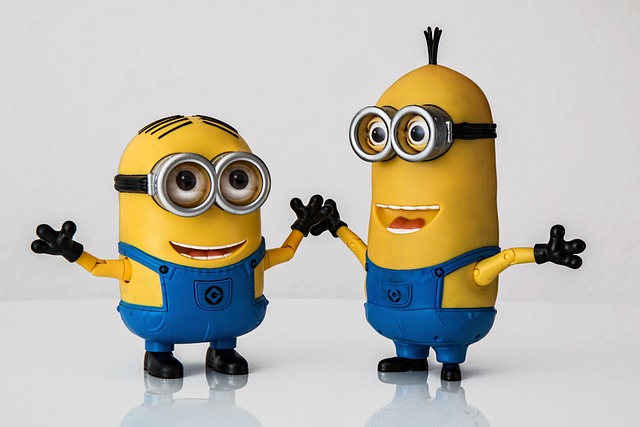
Exploring the Impact of Critical Opinion in Modern Cinema Culture
The advent of modern cinema has transformed the way audiences perceive, engage with, and critique films. In an era dominated by streaming platforms and instantaneous access to content, the critical opinion has become a vital component of the cinematic landscape, shaping not only the success of movies but also the culture surrounding them. With social media at the forefront, viewers are now more empowered than ever to express their thoughts and feelings about films, resonating with others who share similar sentiments or challenging contrasting views.
These critical opinions can spark conversations that go beyond the screen, influencing broader cultural discussions about representation, storytelling, and societal norms. Film critics, bloggers, and everyday viewers alike contribute their thoughts, dissecting everything from plot devices and character development to the underlying messages conveyed by the filmmakers. This democratization of film critique allows for a more diverse range of perspectives, reflecting the myriad experiences of a global audience.
In contrast to traditional cinema culture, where a handful of prestigious critics held the keys to what was considered “worthy” cinema, modern entertainment thrives on the pluralism of voices. Every tweet, every post, and every review contributes to a cultural tapestry rich with varying insights and interpretations. The role of a critic has evolved; today, they must not only provide informed analysis but also engage with the audience, acknowledging the burgeoning influence of collective opinions.
Moreover, the impact of critical opinion can be seen in how films are marketed and discussed prior to their release. Anticipation builds around movies through trailers, teaser spots, and the buzz generated by early reviews. A film’s success can soar or plummet depending on the prevailing critical narrative. This phenomenon can result in substantial cultural shifts, where films that challenge the status quo are either celebrated for their boldness or dismissed due to backlash from established narratives.
Inclusivity in storytelling has emerged as a significant theme in today’s cinema. Modern films increasingly tackle issues of race, gender, and identity, inviting dialogue about the human experience. Critical opinion plays a pivotal role in this discourse, as film reviews often highlight these elements, drawing attention to progressive works that reflect contemporary society. Through shared reviews and discussions, audiences can rally around films that resonate with their values, thereby fostering a sense of community within the cinematic culture.
As audiences continue to navigate the realm of modern cinema, the power of critical opinion endures, shaping not just the success of individual films but the cultural movements they inspire. By engaging with the nuances of these opinions, viewers are encouraged to think critically about the narratives presented to them. Today’s cinema is not merely an escape from reality; it is a thought-provoking mirror reflecting society’s complexities and challenges. In this light, the impact of critical opinion transcends mere opinion; it becomes a conversation starter that invites everyone to partake in the art of cinema.
In summary, the intersection of critical opinion and modern cinema culture is a dynamic landscape filled with opportunity for discovery, dialogue, and growth. Whether positive or negative, these critical insights foster richer experiences for audiences, encouraging a deeper connection to the films they watch.



